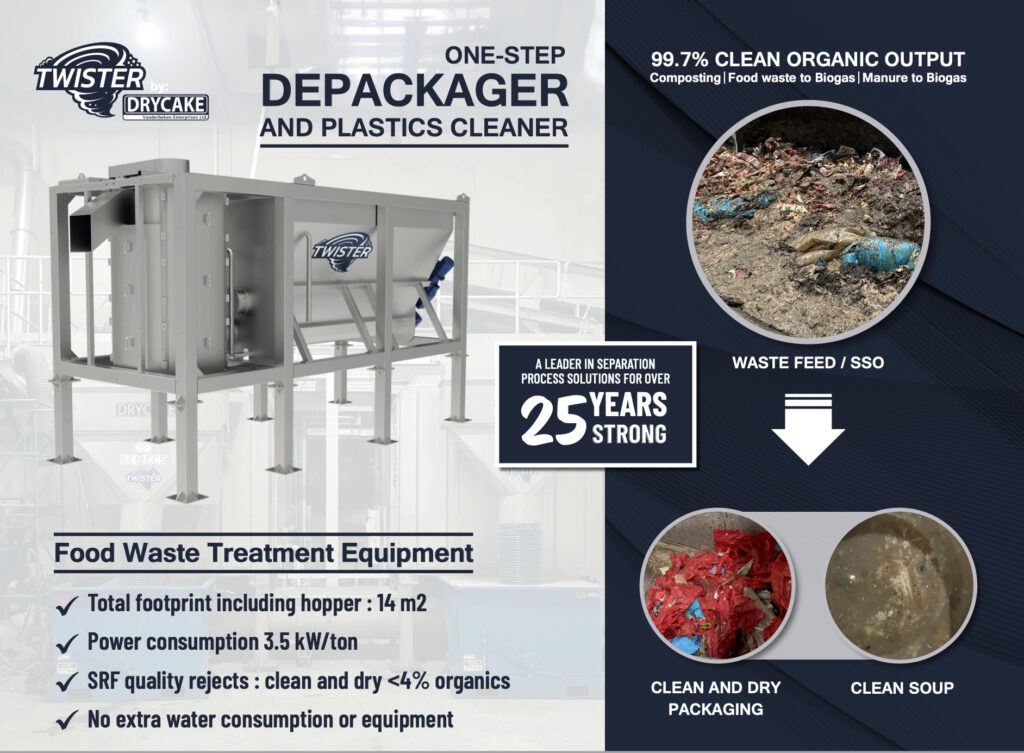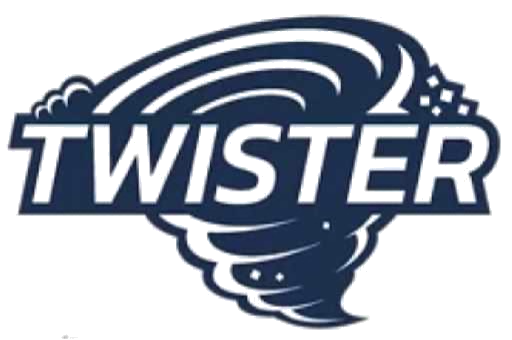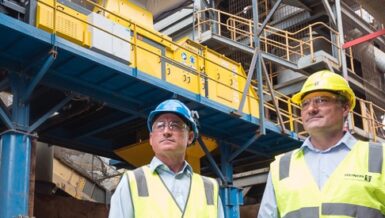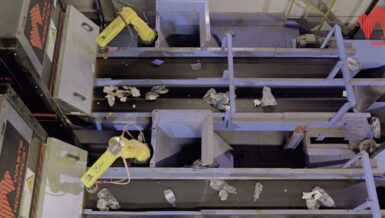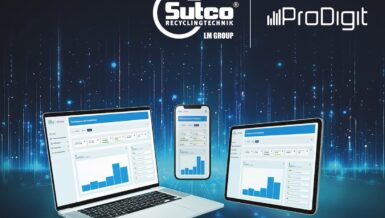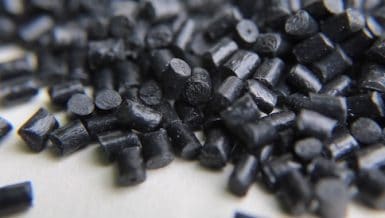The Microplastics Dilemma in Recycling
Microplastics—tiny plastic particles less than five millimeters in diameter—have infiltrated various ecosystems, leading to potential ingestion by wildlife and humans alike. Traditional recycling processes, especially those involving aggressive size reduction techniques like shredding and grinding, can inadvertently contribute to microplastic pollution. When packaging materials are broken down into smaller fragments during recycling, these particles can escape into the environment, exacerbating the microplastics problem.
Introducing the DRYCAKE Twister Depackaging System
Addressing this critical issue, DRYCAKE has developed the Twister Depackaging System, a groundbreaking solution designed to separate organic waste from its packaging without resorting to size reduction methods that generate microplastics. Unlike conventional systems that rely on shredding, the Twister employs a unique mechanism to open and cleaning packaging. This approach minimizes the fragmentation of plastic materials, thereby significantly reducing the creation of microplastics during the depackaging process and increasing the value of the clean plastic.
How the Twister Works
The Twister operates by gently pulling apart packaging, effectively separating the contents without aggressive action. This method ensures that the packaging remains largely intact, facilitating easier recycling and reducing the risk of microplastic formation. The separated organic material can then be directed towards sustainable waste management processes such as anaerobic digestion or composting, contributing to a circular economy.
Advantages Over Traditional Depackaging Methods
• Microplastic Reduction: By avoiding shredding and grinding, the Twister significantly lowers the risk of generating microplastics, addressing a major environmental concern associated with traditional recycling methods.
• Enhanced Recycling Efficiency: The gentle separation process preserves the integrity of packaging materials, making them more suitable for recycling and reducing contamination in recycling streams.
• Versatility: The Twister is capable of handling a wide range of packaged food waste, including cans, wrappers, bags, and plastic bottles, making it a versatile solution for various waste management scenarios.
Aligning with Industry Trends and Regulations
The recycling industry is increasingly moving towards sustainable practices that prioritize environmental protection. Regulatory bodies are implementing stricter guidelines to mitigate pollution, including microplastic contamination. Innovations like the Twister not only comply with these evolving regulations but also position businesses as leaders in sustainable waste management practices.
Building Consumer Trust Through Sustainable Practices
In an era where consumers are more environmentally conscious, adopting technologies that demonstrate a commitment to sustainability can enhance brand reputation. Implementing systems like the Twister showcases a proactive approach to addressing environmental challenges, fostering trust and loyalty among consumers who prioritize eco-friendly practices.
Conclusion
The concerns raised by influencers and the medical community regarding microplastics highlight the need for innovative solutions in the recycling industry. The DRYCAKE Twister Depackaging System offers a forward-thinking approach by effectively separating organic waste from packaging without contributing to microplastic pollution. By adopting such technologies, recyclers can address environmental concerns, comply with regulatory standards, and build stronger relationships with eco-conscious consumers.

